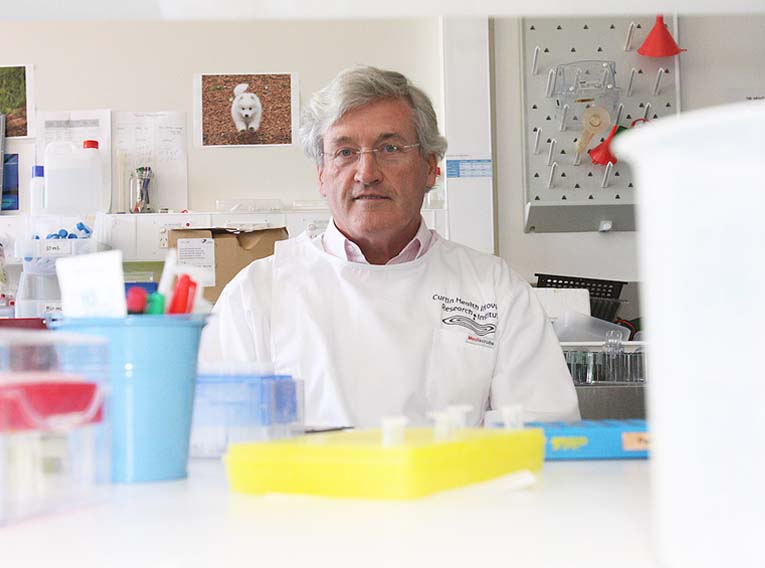West Australian scientists have secured new funding to explore a discovery that could reduce cases of type 2 diabetes linked to the use of cholesterol-lowering statin medications.
The team of Curtin University researchers, led by Professor Fergal O’Gara, has found that, in mice, statins drive changes in the body’s gut bacteria, which can trigger the development of type 2 diabetes.
Independent studies have reported up to a 12 percent increase of new type 2 diabetes cases among patients taking statins but – until now – the cause has been a mystery.
“Our work found for the first-time profound changes in the microbial composition of the gut following statin treatment and many mice experienced higher fasting blood glucose levels and weight gain,” said Professor O’Gara.
“We discovered the changes in gut bacteria were linked to the activity of a protein reception called PXR which we know is involved in lipid and glucose metabolism which are two processes that are altered in type 2 diabetes.”
Professor O’Gara said his team would use a new $80,000 grant from Diabetes Research WA, the state’s peak diabetes research funding group, to look into how the intestinal bacteria affect PXR’s activity during statin use.
“As part of this research, we’ll also investigate ways to prevent these negative effects which may ultimately mean people take another probiotic-style medication to counteract the impact of the statin,” he explained.
“We are very excited about this work because we believe not factoring in the gut has been the missing piece of the puzzle in regards type 2 diabetes research.”
Diabetes Research WA executive director Sherl Westlund said with statins in common use in Australia amongst those with or at high risk of cardiovascular disease and rising rates of type 2 diabetes impacting families across the country, it was important research such as this was supported.
“This work also has the potential to reduce not only cases of statin-induced type 2 diabetes but type 2 rates on the whole by understanding more about the PXR protein and its relationship with the cell factory in the gut,” she said.
The first phase of the team’s research has been published* in the Microbiome journal.
They are now recruiting West Australians with pre-diabetes for a trial as part of this research.

